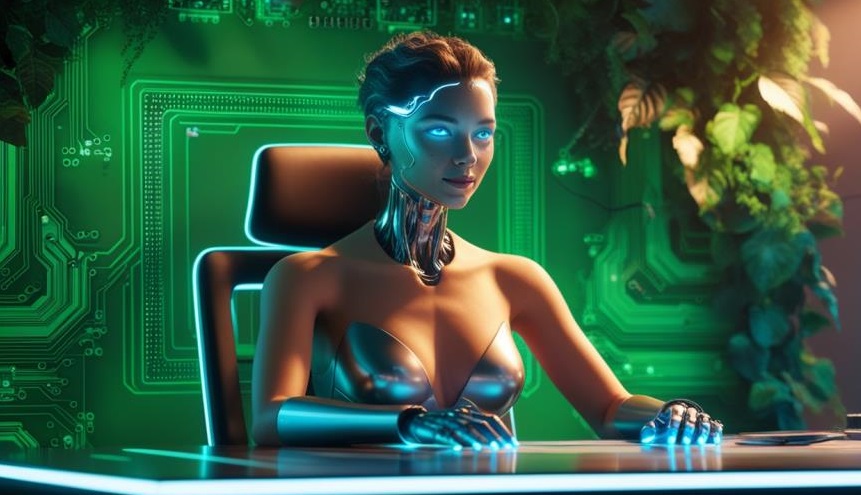What professions can artificial intelligence (AI) replace
Artificial intelligence (AI) is rapidly advancing and has the potential to replace or significantly alter various professions. Here are some examples of professions that could be impacted by AI:
Customer Service Representatives: AI-powered chatbots and virtual assistants can handle routine customer inquiries, complaints, and support requests, reducing the need for human representatives in these roles.
Data Entry Clerks: Automated systems and AI algorithms can efficiently input, process, and analyze data, reducing the need for manual data entry tasks.
Telemarketers: AI can automate telemarketing processes, including making calls, delivering scripts, and handling responses, potentially reducing the need for human telemarketers.
Retail Cashiers: Self-checkout systems and automated payment technologies are already being used in many retail settings, which can decrease the demand for human cashiers.
Warehouse Workers: Robots and automated systems are increasingly being used for inventory management, sorting, and packing in warehouses, reducing the need for manual labor.
Transportation and Delivery Drivers: Autonomous vehicles and drones have the potential to transform the transportation and delivery industries, potentially reducing the demand for human drivers.
Manufacturing Workers: AI and robotics are increasingly being used in manufacturing processes for tasks such as assembly, quality control, and maintenance, which could reduce the need for manual labor.
Financial Analysts: AI can analyze vast amounts of financial data, generate reports, and make investment recommendations, potentially reducing the need for human financial analysts.
Legal Assistants and Paralegals: AI can assist with legal research, document review, and case analysis, which may reduce the demand for human legal assistants and paralegals.
Journalists and Content Writers: AI-generated content and automated news reporting systems can produce articles and news reports, potentially reducing the need for human journalists and content writers for certain types of content.
Medical Diagnostics: AI algorithms can analyze medical images, detect patterns, and provide diagnostic support, which may impact the role of radiologists and other diagnostic professionals.
Technical Support Specialists: AI can provide technical support by troubleshooting common issues and guiding users through solutions, potentially reducing the need for human support staff.
While AI has the potential to replace or significantly impact these professions, it's important to note that it may also create new job opportunities and industries. Additionally, many roles may evolve to incorporate AI technologies, leading to changes in job responsibilities rather than complete replacement.




